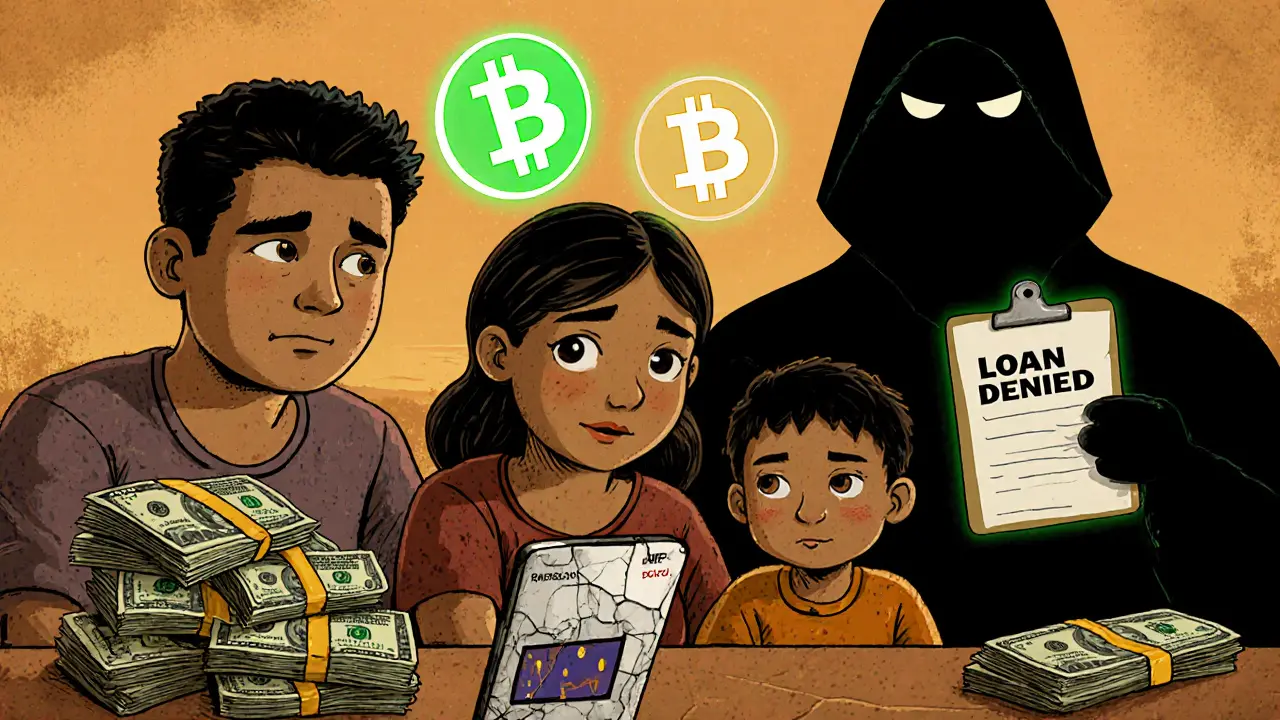Chivo Wallet: What Happened to Bitcoin in El Salvador?
When El Salvador made Bitcoin, a decentralized digital currency that operates without a central bank or single administrator. Also known as digital gold, it is used as both a store of value and a medium of exchange. legal tender in 2021, the government launched the Chivo Wallet, a government-backed mobile app designed to let citizens send, receive, and spend Bitcoin with zero fees. It was supposed to be the gateway to financial freedom for millions without bank accounts. But within four years, the experiment collapsed. The Chivo Wallet became a symbol of overreach—not innovation. People didn’t use it because it was unreliable. ATMs broke. Transactions failed. The $150 Bitcoin bonus they handed out? Most cashed out and never came back. By 2025, Bitcoin lost its legal tender status. The government stopped promoting it. The wallet? Still installed on some phones, but mostly ignored.
Why did it fail? The Chivo Wallet, a government-backed mobile app designed to let citizens send, receive, and spend Bitcoin with zero fees. Also known as El Salvador Bitcoin wallet, it was built without real user testing and with no clear onboarding for non-tech users. wasn’t just a wallet—it was a political statement. It forced merchants to accept Bitcoin, but didn’t fix the underlying problem: price volatility. A vendor might get paid in Bitcoin, only to lose 20% of its value before they could convert it to dollars. Meanwhile, the IMF, an international organization that provides financial assistance and policy advice to countries, often with conditions tied to economic stability. Also known as International Monetary Fund, it plays a key role in global financial oversight. kept pressuring El Salvador to ditch Bitcoin, warning it threatened financial stability. The country’s debt ballooned. Public trust vanished. The Chivo Wallet didn’t fail because people didn’t want Bitcoin—it failed because the rollout was chaotic, the tech was broken, and the government never explained how to use it safely.
What’s left? A few crypto-savvy users still hold Bitcoin. Some merchants quietly accept it. But the dream of a Bitcoin-powered economy? Gone. The Chivo Wallet is now a case study in how not to roll out crypto. In the posts below, you’ll find real stories about what went wrong—from technical glitches and scams to the quiet exit of everyday users. You’ll also see how other countries are watching, learning, and choosing a different path. This isn’t just about one app. It’s about what happens when politics meets technology without a plan.
El Salvador's Bitcoin Adoption Strategy: What Really Happened and Where Things Stand in 2025
El Salvador made Bitcoin legal tender in 2021 to help the unbanked and cut remittance costs. By 2025, it dropped the status under IMF pressure-but kept buying Bitcoin and building crypto infrastructure. Real adoption is quiet, private, and growing.
